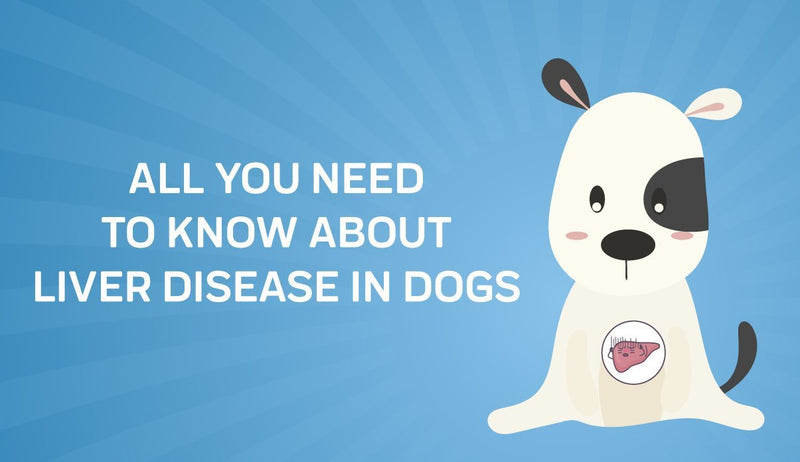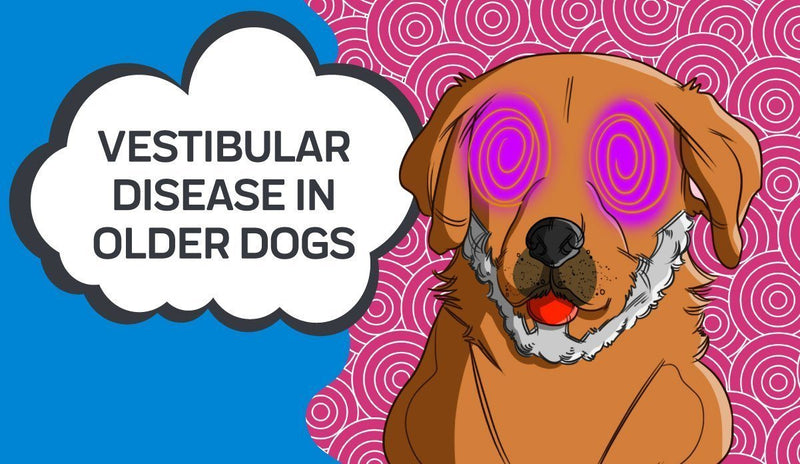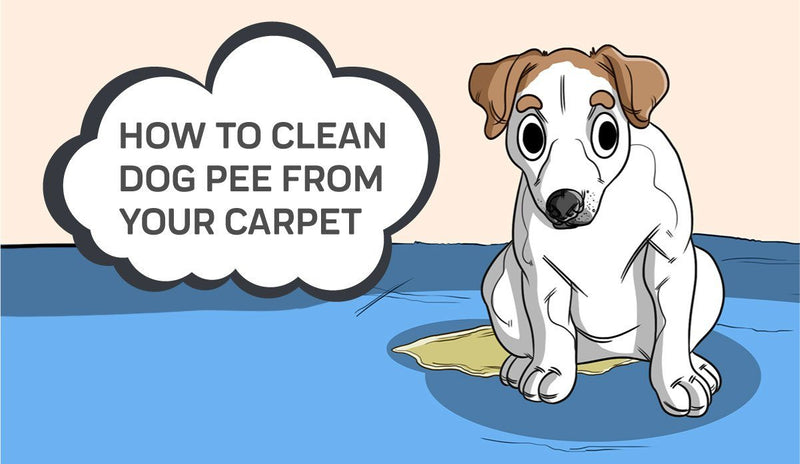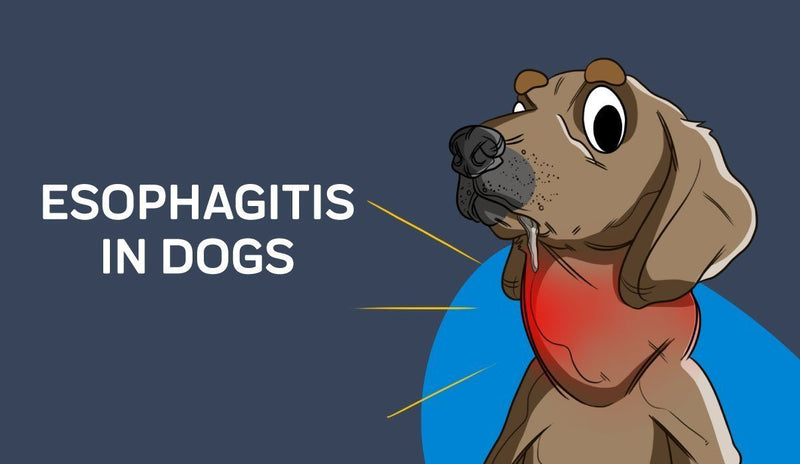
Who hasn’t caved in to a set of adorable doe eyes begging for a snack or pleading to avoid trouble when everybody in the room knows man’s best friend is up to no good? Dogs couldn’t possibly know how to turn on a little bit of charm to get what they want, right? It must be all a figment of our imagination and a byproduct of our affection toward canines.
Wrong.
According to new research, your dog absolutely knows how to lie to get what he wants from you. And he likely knows exactly when to do it. A group of Swiss scientists believes all it takes is a couple of sausages to prove that dogs are fully capable of some self-serving deception. In 2017, their work was published in Animal Cognition after training and studying 27 dogs of different breeds between a year and a half and 14-years old.
Researchers observed this with a pretty straightforward experiment of introducing the group of dogs to two separate people — one whose job it was to give them a treat and another who wouldn’t be giving them a snack at all. In fact, the second person’s job wasn’t just to withhold sharing treats with the dogs, but they would take one for themselves right in front of each dog, making it known that sausages were available but not to be enjoyed by canines. Ironically enough, it’s fair to assume dogs actually break the entire human race into these two categories when they watch us pull out a potential treat.
Once the dogs started to recognize these people and associate them with the expectation of receiving a treat or not, researchers started placing boxes in front of them. One would have a treat they’d be excited about (a sausage), another the dogs wouldn’t prefer as much (dog biscuits), and another box with no treat at all. The dogs were then given the freedom to lead the individual to a box of their choice, now knowing what they’d find when the box’s insides were revealed. With the treat sharer, aka the “cooperative person," the dogs quickly learned that leading them to a box with a sausage would earn them that snack. If they were paired up with the non-sharer, aka the “competitive person,” the dogs would get nothing at all, regardless of which box they chose. When the dogs led the competitive partner to a treat, that person would then take the treat for themselves, leaving nothing for the dog to enjoy at all. They did this at least twice with each person and when the test was repeated over and over, the dogs more often led the “treat snatcher” (the individual who wouldn’t share with them) to the box they expected to be empty.
"Comparing the dogs' behaviour in the presence of the cooperative and the competitive partner, we found an interaction between test day and partner's role in leading them to the food box containing the preferred food," the study's authors wrote. "On both test days, the dogs were more likely to lead the cooperative partner than the competitive one to the box containing the preferred food, and this effect was stronger on the second than on the first test day.”
What researchers took from this was that once the dogs built an expectation of where and how to find their favorite treat, they were more likely to be deceptive if their human partner wasn’t typically generous with their food. Two particular dogs in the study known as Arwen and Nelson were actually found to lead the cooperative person to their favorite treat but never the uncooperative person — something the researchers deemed as a highly intelligent move. Four of the dogs never led the “competitive” partner to treats, knowing it’d leave nothing behind for them if they did. In other words, dogs demonstrated in this study that they knew whether or not a person would give them a treat and often lied if they didn’t expect it to benefit them.
"Although it is a small sample and only reflects a contrived scenario,” said Elisha Stynchula, a certified dog trainer and owner of, "I Said Sit!" School for Dogs in Los Angeles, ”My takeaway is not that dogs lie and deceive, but rather it confirms that dogs are very intelligent animals. Dogs are very motivated to do what benefits them the most. That's one of the reasons they are so trainable."
While animals are no strangers to deception when it comes to survival is normal— like mimicking another animal’s sounds or trying to change or mask their appearance, playing dead, etc. — researchers say this kind of deception is actually rare. There are only a handful of animals they say are smart enough to knowingly execute this kind of self-serving deception. The dog may not necessarily think of this as ill-intentioned lying, just “intelligently manipulating the situation” to get what they want.
What this can teach us about our own dogs is that it’s important to be aware and intentional about our sharing of treats with our dogs. Blindly giving them table scraps or letting them overeat throughout the day by indulging on snacks can teach them that certain behaviors get them what they want. Of course, this part of their behavior isn’t new knowledge, but it does show us that dogs will even knowingly deceive us if it avoids a reaction they don’t want, which in this case meant standing by and watching somebody eat the treat they wanted for themselves.
“Be careful and precise in rewarding your dog,” said Marianne Heberlein, the lead author on the study. "A dog still is a loyal, lovely companion," she tells Broadly. "However, the study shows that dogs, like other animals, try to optimize [their] own profit. They seem to know what they want and also can manipulate humans to reach their goal."
Those puppy dog eyes don’t seem so innocent now after all, do they?
















